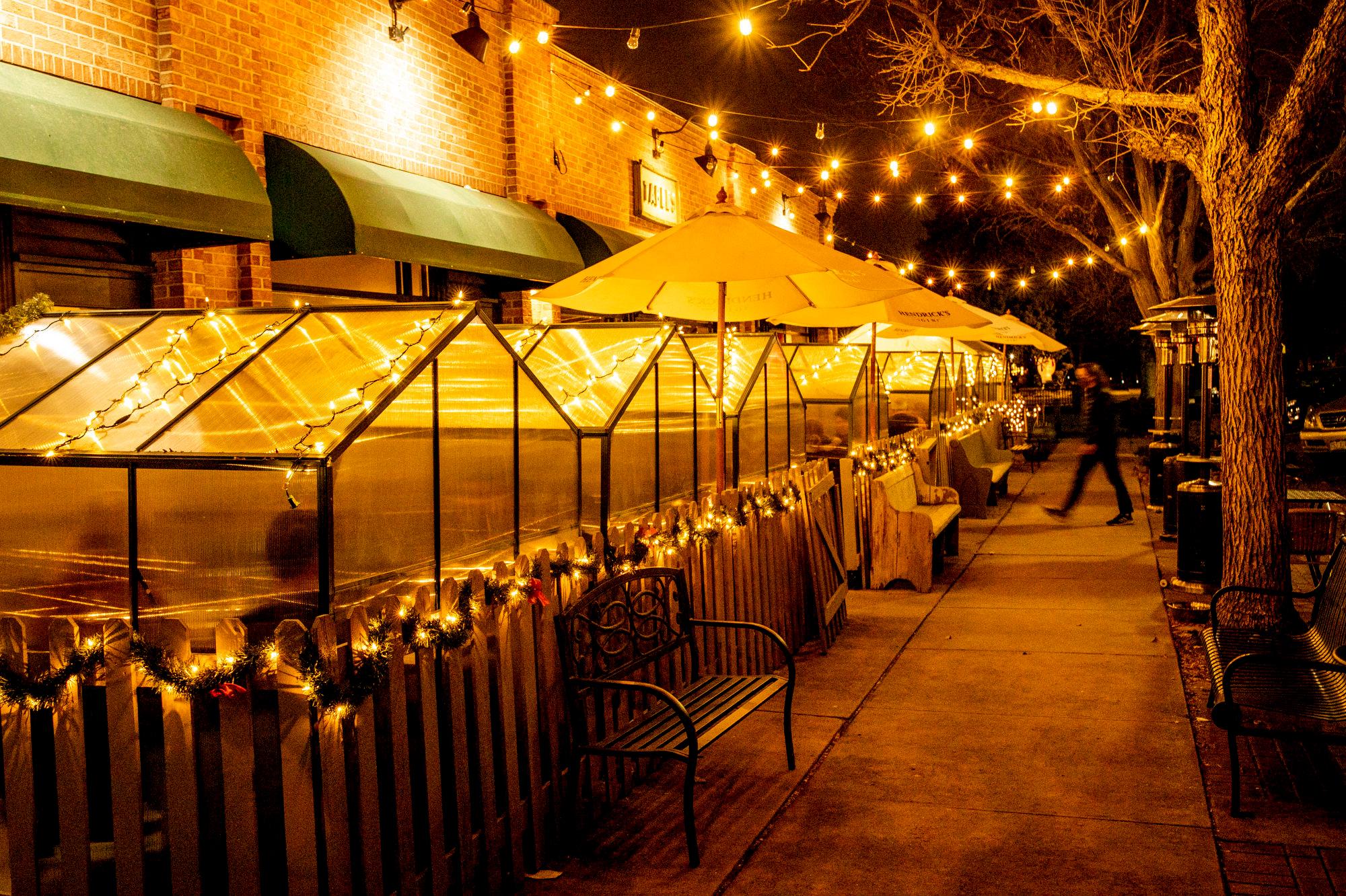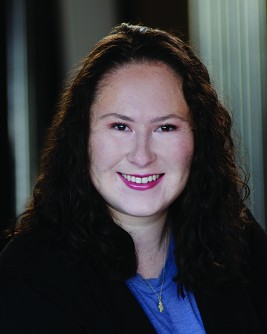
The Colorado health department has finalized rules for a program that would loosen COVID-19 restrictions for businesses going above and beyond public health orders.
To qualify for the new 5 Star State Certification Program, businesses must set up extra safety precautions on top of what is already required by law. Certified businesses will get to expand their operations in exchange, according to the Colorado Department of Public Health and Environment.
Qualifications include plans for outbreak detection, reporting and response processes, high ventilation standards and efforts to provide special business hours or accommodations for at-risk populations.
Some other qualifications are specific to the type of business. For example, certified restaurants will have to seat tables 10 feet apart, instead of the regular six.
Depending on the level of spread in a given county, certified businesses may also be eligible for higher capacity limits.
Mesa County started a pilot of the program earlier this year. It's currently at the second-highest level of restrictions on the state's status dial because of its high number of COVID-19 cases.
However, businesses with the 5-star certification can operate as if they are in the next level down on the dial. That means restaurants like the Ocotillo Restaurant and Bar in Grand Junction can do indoor dining, even though it's banned in all red level counties.
"The most helpful part of it is that people can just feel safer coming to our restaurant," said Maxwell Weckerly, whose family owns Ocotillo. "Having that official stamp of the 5-star variance [program] just helps people feel more secure coming to eat here. They know we are following the rules."
Weckerly helps his parents run the business. He said they instituted a lot of sanitation and distancing changes when the pandemic first hit Colorado, so they did not have to add many extra precautions to qualify for the program.
He said one of the biggest changes at Octillo is that they now have the wait staff fill out lists every day to document sanitization of high-touch areas like doorknobs, tables and bars.
The restaurant also put up signs to clearly communicate rules to customers, including ones requiring masks.
"We're pretty stern about our rules because we don't have any interest in spreading the disease any more than it already has, and we don't want to prioritize more sales over people's health," Weckerly said. "If someone's not wearing a mask and you refuse to put one on, you can't come in."
However, critics of Mesa's pilot program say there's little evidence to show it has helped reduce the overall spread of COVID-19. Some experts say it threatens to exacerbate the deadly third wave of cases in Colorado since the program is inviting people to gather in restaurants and shops.
According to CDPHE, each county can determine whether it wants to participate in the program.
Boulder County announced Thursday that, before applying to participate, it will create an administrative committee including chambers of commerce, nonprofits, local leaders and industry members to determine how compliance and enforcement would work.
Any previous citations for noncompliance with public health orders are an automatic disqualifier, according to CDPHE.
"We're just very happy and very grateful that the county is doing something to allow us to stay open and allow us to give more confidence to our customers," Weckerly said. "It's such a crazy time to own a business and run a restaurant and the 5-Star Variance Program allows people to feel much more confident going out."








